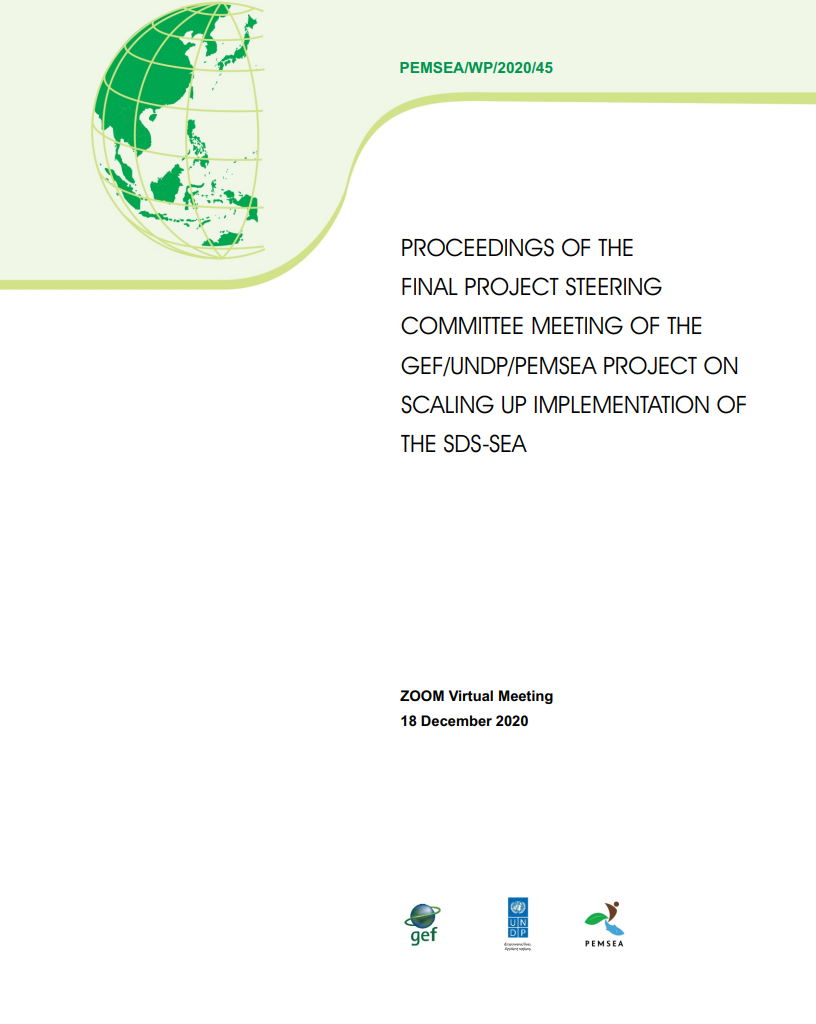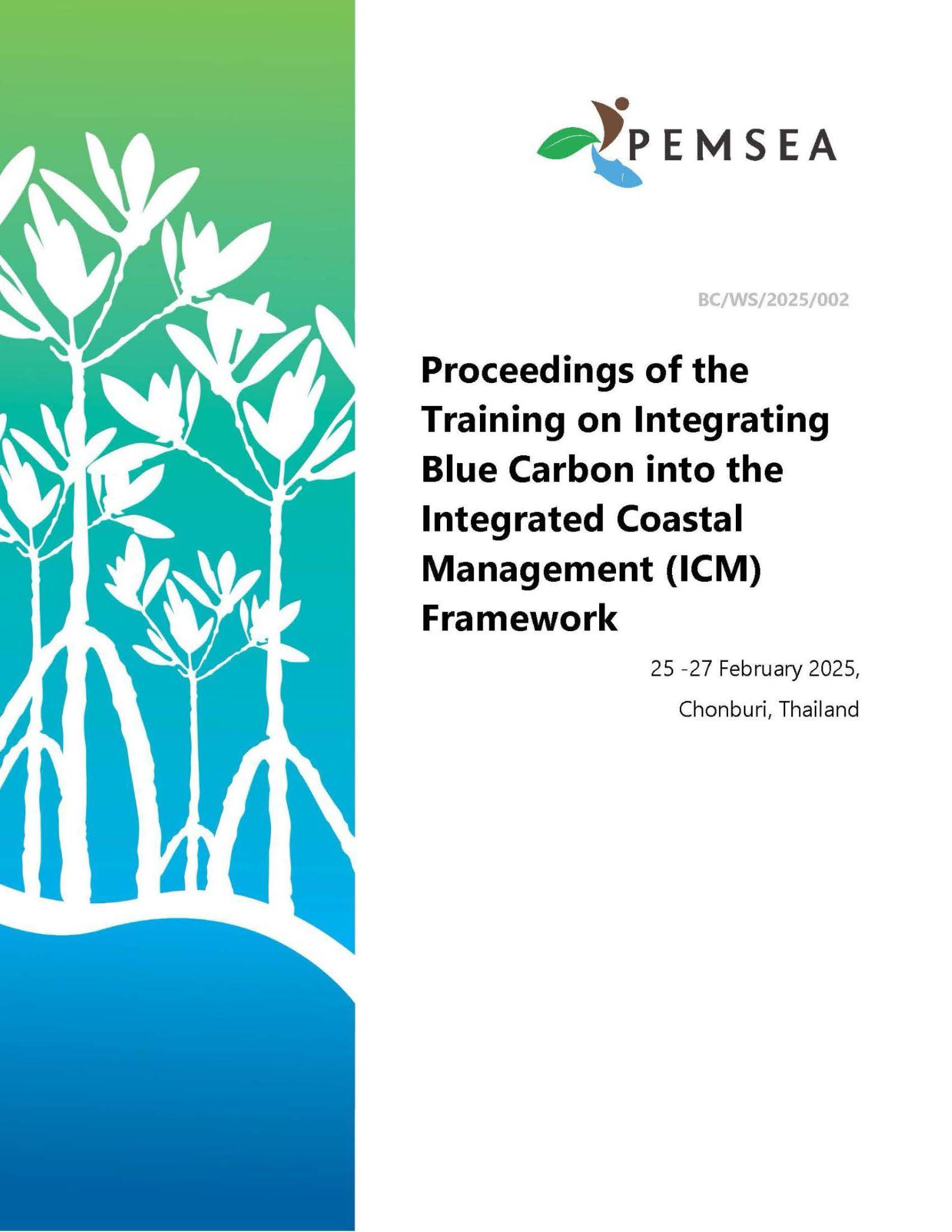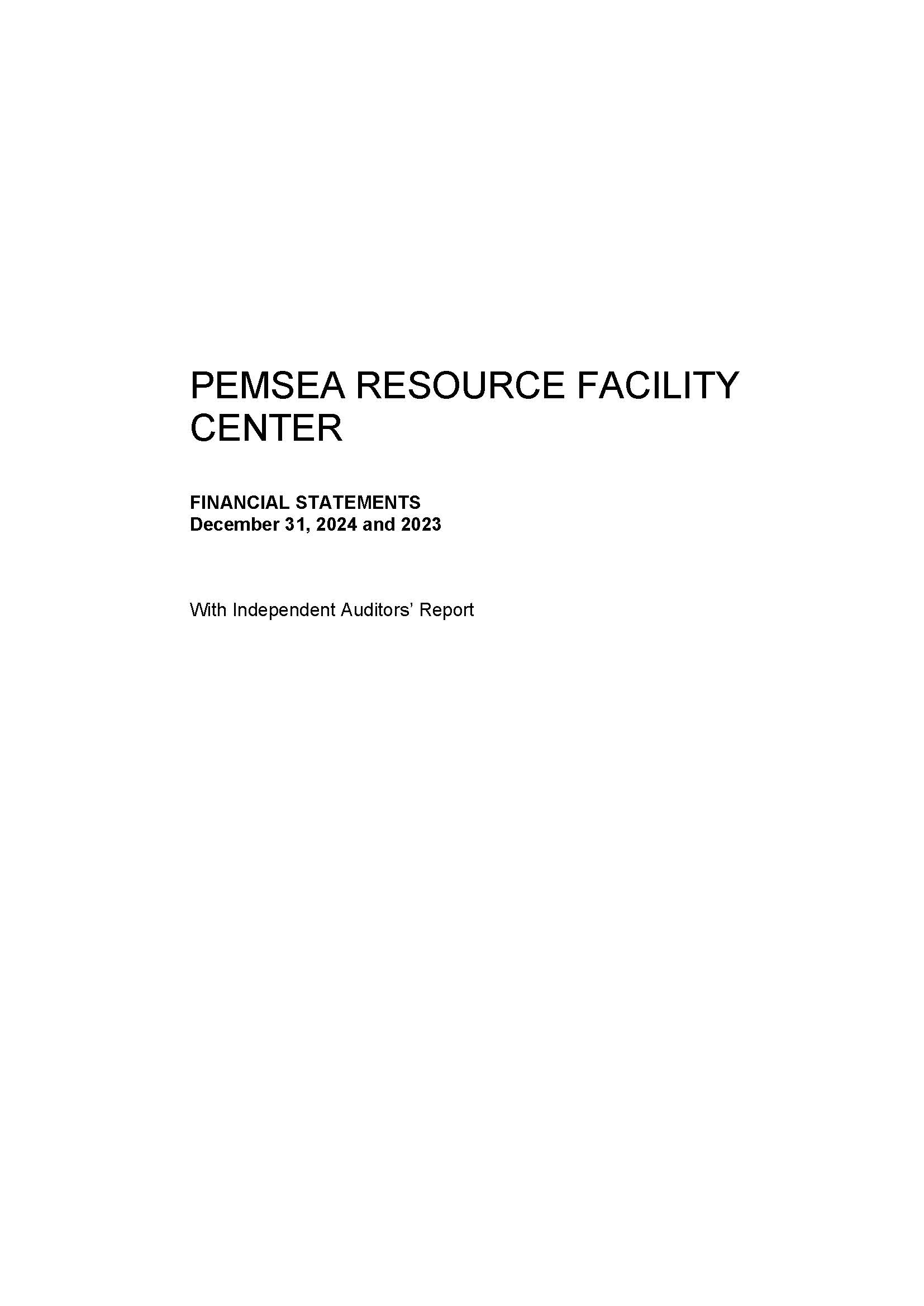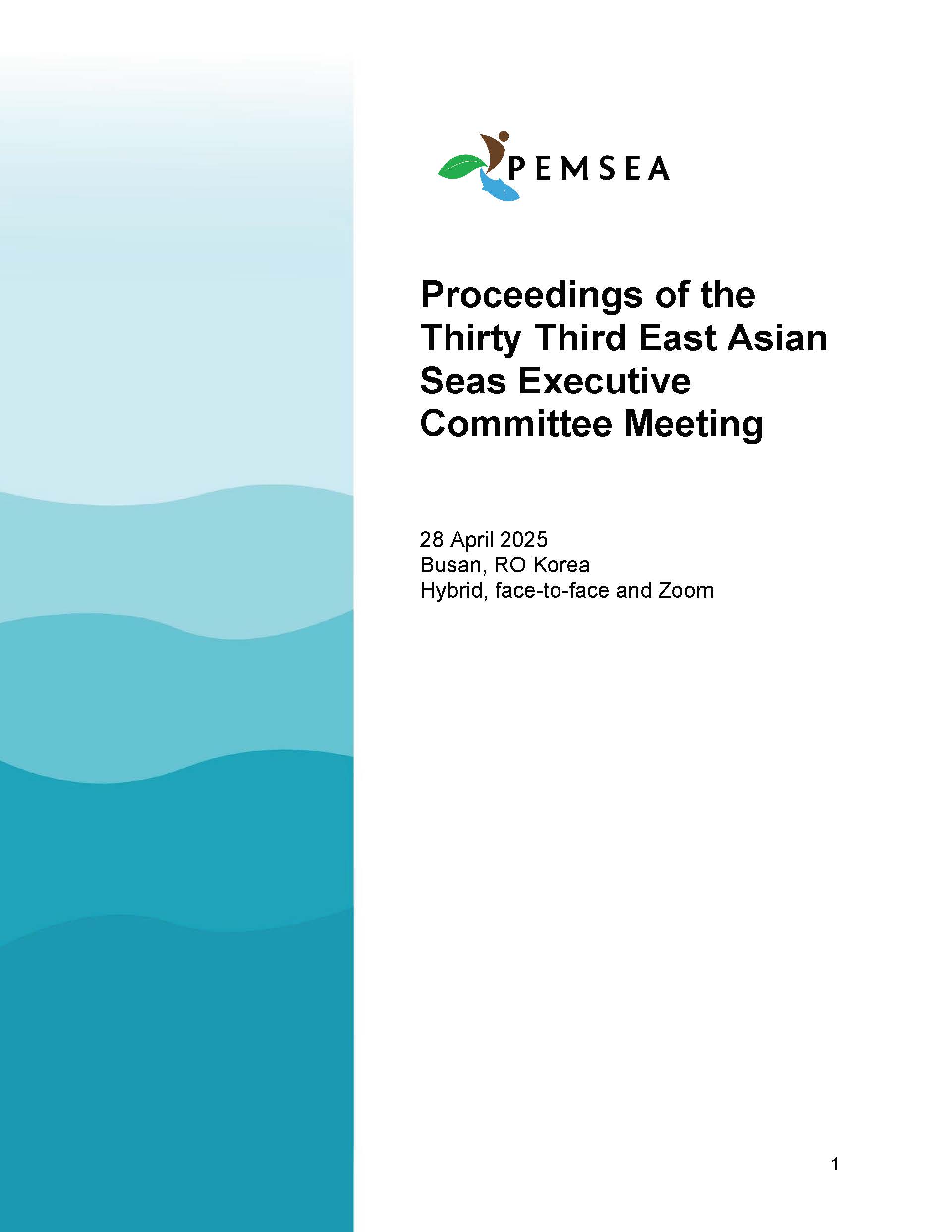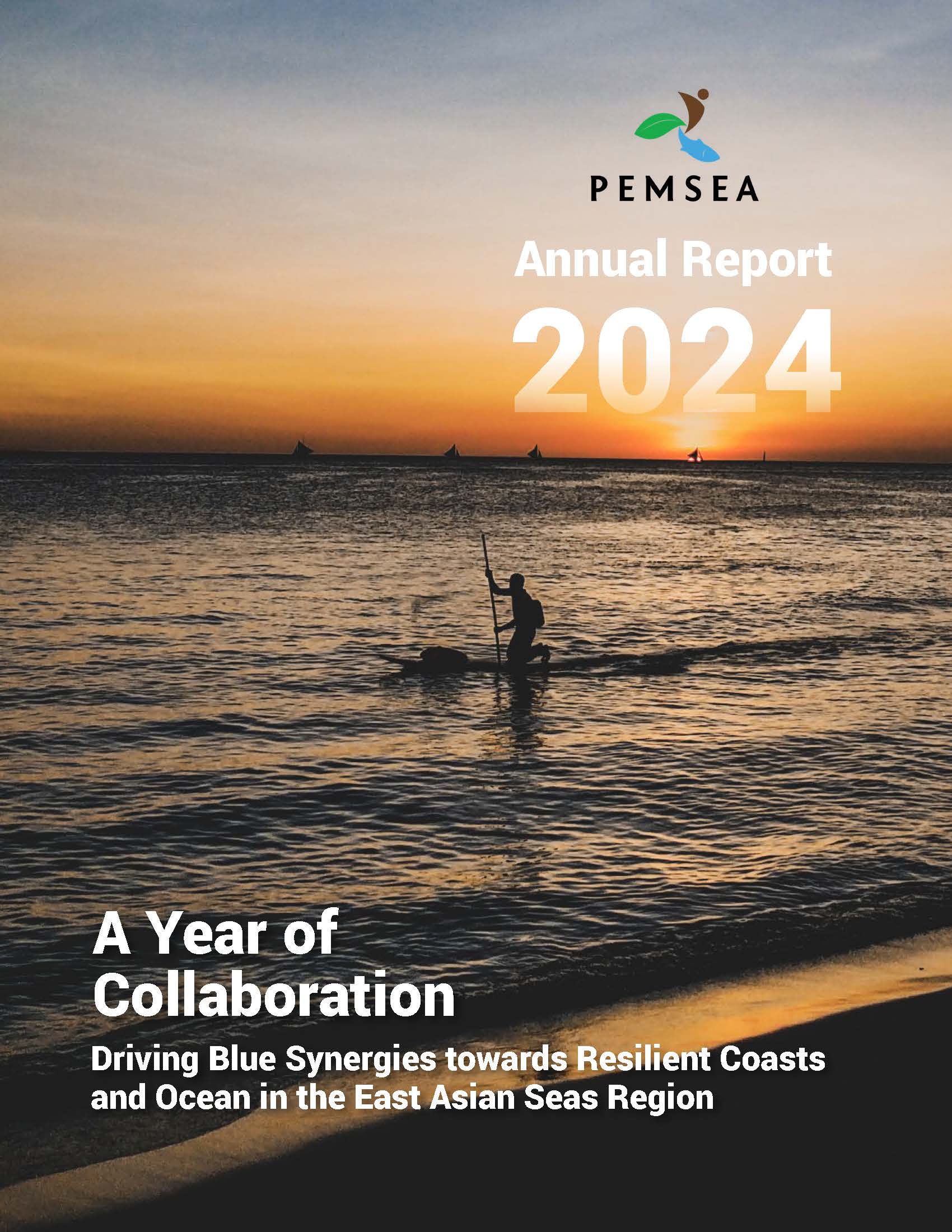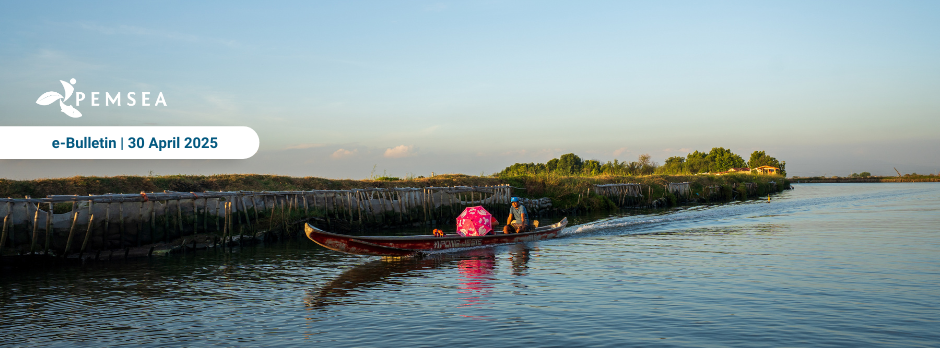
Breadcrumb
Final PSC Meeting of the GEF/UNDP/PEMSEA Project on Scaling up Implementation of the SDS-SEA
PUBLICATION DATE:
Wednesday, January 13, 2021
PUBLICATION TYPE:
Meeting Documents
STATUS:
Only Available Online
DESCRIPTION:
The Final Project Steering Committee Meeting of the GEF/UNDP/PEMSEA Project on Scaling up the Implementation of the Sustainable Development Strategy for the Seas of East Asia (SDS-SEA) was conducted virtually through a zoom video conference call on 18 December 2020. The Meeting was attended by representatives from eight project participating countries, namely: Cambodia, China, Indonesia, Lao PDR, Philippines, Thailand, Timor-Leste and Vietnam. Representatives from the United
Nations Development Programme (UNDP) Philippines were present on behalf of the Global Environment Facility (GEF) and the United Nations Development Programme (UNDP). Representatives from the China-PEMSEA Center and PEMSEA Network of Learning Centers participated as observers. The SDS-SEA Terminal Evaluation Consultants at the international level as well as national consultants from the eight project member countries were present as key resource persons. The PEMSEA Resource Facility (PRF) served as Secretariat for the Meeting.
Overall, the meeting focused on the key achievements or progress of the project from 2014 to 2020, the initial findings, assessment and recommendations from the ongoing project terminal review, and the work plan for the completion of the project’s operational and financial closure. The Final PSC Meeting made the following major recommendations:
- The PRF to validate the coverage of Integrated Coastal Management (ICM) in the region and to document ICM key accomplishments to serve as basis in further scaling-up of ICM to other sites in the future.
- The PRF and the Terminal Review to highlight the key accomplishments and contribution of the project in support of climate change adaptation and in strengthening resilience of coastal communities.
- The Terminal Review Team to finalize the first draft of the Terminal Evaluation report for dissemination to PSC members on the week of December 21, 2020 for review.
- PSC members to submit their comments on the draft Terminal Evaluation report by January 8, 2021.
- The adoption of the proposed work plan and timeline to complete the operational and financial closure of the project.
| DOCUMENT NUMBER | DOCUMENT TITLE |
|---|---|
| PSC/2020/DOC/01 | Meeting agenda |
| PSC/2020/DOC/02 | Matters arising from 2019 |
| PSC/2020/DOC/03 | Overall project accomplishments |
| PSC/2020/DOC/04 | Evaluation of the GEF PEMSEA project |
| PSC/2020/DOC/05 | Project closure |
RELATED PUBLICATIONS
Proceedings of the Training on Integrating Blue Carbon into the Integrated Coastal Management (ICM) Framework
The PEMSEA Network of Learning Centers (PNLC), Burapha University and the PEMSEA Resource Facility co-organized the "Training on Integrating Blue Carbon into the Integrated Coastal Management (ICM) Framework" in March 2025 in Chonburi, Thailand.
The training, co-sponsored by Burapha University and the University of Hawai'i, with support from the Ministry of Higher Education, Science, Research and Innovation of Thailand, Thailand Science, Research and Innovation (TSRI), Henry Luce Foundation, and the Center for Southeast Asian Studies-University of Hawai’i, brought together PNLC participants and Chonburi Province coastal management stakeholders to enhance the understanding of Blue Carbon concepts and explore how the Network can support
PEMSEA's regional Blue Carbon program. The training had the following objectives:- Gain foundational understanding of ICM and its role in coastal resource management.
- Learn about the impacts of climate change on coastal ecosystems and communities.
- Understand the concept of Blue Carbon and its significance in climate change mitigation.
- Acquire the knowledge to integrate blue carbon principles into coastal management strategies, ensuring more sustainable and resilient coastal zones and harness the potential of blue carbon ecosystems as nature-based solutions for climate action.
- Identify work areas, in terms of knowledge, capacity and technical assistance, PNLC members need to strengthen to enable them to better support government and local community efforts in managing their coastal areas and associated blue carbon ecosystems.
Proceedings of the Thirty Third East Asian Seas Executive Committee Meeting
The East Asian Seas (EAS) Executive Committee convened its 33rd Meeting on 28 April 2025 in Busan, Republic of Korea. The meeting gathered key leaders of the EAS Partnership Council, including Chair Dr. Vann Monyneath, Co-Chair Atty. Jonas Leones, Intergovernmental Session Co-Chair Mr. Le Dai Thang, Technical Session Chair Dr. Keita Furukawa, and Technical Session Co-Chair Dr. Suk-Jae Kwon. The PEMSEA Resource Facility (PRF) Secretariat, led by Executive Director Ms. Aimee T. Gonzales, provided secretariat support, alongside other PRF staff. Observers included representatives from the Arafura Timor Seas program, Korea Maritime Institute, China’s Ministry of Natural Resources, and the China PEMSEA Center, with additional PRF personnel joining online.
The meeting agenda featured key updates and strategic discussions on the outcomes and next steps following the East Asian Seas Congress 2024, the alignment of the Sustainable Development Strategy for the Seas of East Asia (SDS-SEA) with 2030 targets, and PRF’s accomplishments in 2024 and work plan for 2025. Other agenda items included preparations for the 17th EAS Partnership Council Meeting, the engagement of Non-Country Partners, progress on the Blue Carbon Program, presentation of the 2024 audited financial report, and governance matters such as the election of new officers and the selection process for the next PRF Executive Director.
PEMSEA Annual Report 2024: A Year of Collaboration: Driving Blue Synergies Towards Resilient Coasts and Ocean in the East Asian Seas Region
2024 was a landmark year for PEMSEA with the successful organization of the EAS Congress 2024 and the 8th Ministerial Forum as key highlights. These milestone events led to stronger and renewed commitments to drive synergistic actions towards sustainable, inclusive and resilient coasts, ocean and communities, aligned with national priorities and global and regional targets.
Check out progress and plans of PEMSEA's projects that address complex interconnected environmental challenges in the region: marine plastic pollution, biodiversity loss and climate change through rigorous baseline data collation, analysis and reporting; enhancing governance and investment plans and programs; knowledge management and technical skills and capacity development.
PEMSEA eBulletin - April 2025
Dear PEMSEA community,
April is packed with exciting progress and developments across the region!
PEMSEA is making waves at the 10th Our Ocean Conference in Busan by organizing a side event that brought together regional partners committed to support governments in meeting their 30x30 conservation targets while enhancing protection of our valuable marine ecosystems.
Looking toward the future, PEMSEA's Executive Committee (EC) Meeting in Busan endorsed plans to extend our Sustainable Development Strategy implementation to 2030. The EC also noted progress on our regional Blue Carbon Program and finalized the timeline for upcoming Partnership Council elections.
We're also proud to announce the release of "Threads of Resilience," the sixth edition of our Integrated River Basin Management Project newsletter. This issue tells inspiring narratives of women from the Sasmuan Pampanga Coastal Wetlands alongside the impactful work of female environmental leaders driving change across Southeast Asia and critical conservation needs for key project sites, including Indonesia's Ciliwung River.
Other important developments include the PNLG Executive Committee's announcement of upcoming elections and General Assembly in Jakarta, the successful launch of the GEF/UNDP/ASEAN Integrated River Basin Management Project in Viet Nam, and regional training initiatives to enhance blue carbon knowledge and integrated coastal management strategies in Xiamen, China.
